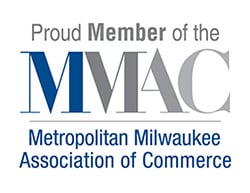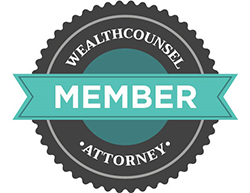When a person passes away, they will most likely have unpaid bills on credit cards or owe money to medical providers. Probate allows for those debts to be paid after the person’s death. Typically, funds or property from the decedent’s estate is used to pay the debt.
After the debts have been paid, the appointed executor must determine the value of their property and sell what is necessary. This allows for the beneficiaries to receive gifts from the deceased.
How do you find out who the deceased owed money to?
Although it may be difficult, the executor must find out who the deceased owed money to. To do so, you may have to go through the deceased’s incoming and outgoing mail, emails or other records. The deceased may have kept files of these debts as well.
It’s best to look for mortgage loans, car loans, credit card bills, personal loans, medical bills or any invoices. This will help create a list of all the unpaid debts you must pay on behalf of the deceased. Depending on if the deceased had a business, the estate might have to pay for the unpaid bills for that as well.
What happens if the estate doesn’t cover the full debt?
Sometimes, the debt of the deceased outweighs the amount that their property is worth. In cases like these, you may worry that you must pay the rest out of your own pocket. This, however, rarely happens. Even if the debts are more than the property, creditors will end up swallowing the rest of the debt. If this happens, beneficiaries will receive a lesser inheritance or nothing at all.
There are only two ways you will end up paying the debt out of your own pocket. The first is if you make a serious mistake while evaluating the property. This mistake would cost creditors and beneficiaries a lot of money. The second is if you were a cosigner on a loan indebted to the deceased. Creditors can legally hold you accountable on this loan, just like they could with the deceased.
Probate is a very complicated process, especially if there are outstanding debts. Being cautious and asking for educated help can give you the tools to avoid personal responsibility and pay outstanding debts correctly.



